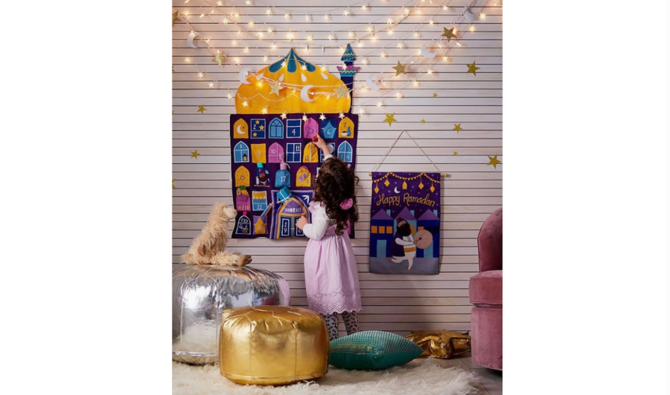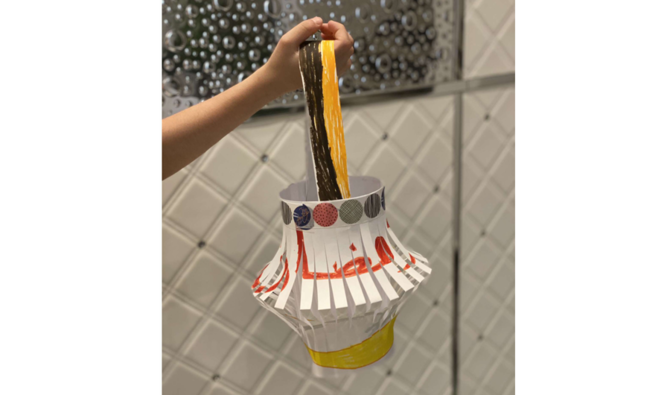RIYADH: The annual scene of Ramadan decorations and lights in every Saudi house and neighborhood is absent this year.
The month-long spiritual celebration is a time of reflection for Muslims, where they are reminded to return to their good nature and values, such as social gatherings and good deeds.
With the coronavirus disease (COVID-19) pandemic this year, however, Saudis’ lives have changed drastically. Mosques are shut, shopping centers closed and social gatherings are strictly prohibited.
Applying the “glass half full” mentality, Saudi writer Essra Kasara believes that this year’s Ramadan may be one of the best months Muslims will ever experience.
“Humans are able to create a happy and enjoyable environment for their families. Any community is able to create their own happiness under any circumstances with the resources that they already have,” she said.
Kasara told Arab News that this time of year is typically a very social time for Muslims.
“This year’s holy month of Ramadan is considered extraordinary, and will happen once in a lifetime, and the day will come where we will tell our story about the pandemic to our grandchildren, and we should mention the positive things that happened, not the negatives,” she said.
She added that the lockdown would help families spend a quiet and spiritual season in the absence of outdoor activities and shopping malls. “We will be able to get closer to our family members … and be more connected with people through video calls. We will enjoy simple things that people used to enjoy back in the old days, like being alone with Allah or having the time to do religious rituals and practices.”
FASTFACTS
• The month-long spiritual celebration is a time of reflection for Muslims, where they are reminded to return to their good nature and values, such as social gatherings and good deeds.
• Some say that communities can create their own happiness under any circumstances with the resources they already have.
Kasara harked back to her mother’s generation, who used to have sahoor with the whole family on the rooftop of their houses during Ramadan, in order to get some fresh air. Kasara’s family may now get the chance to recreate the happy practice.
Jumanah Hakim, a media personality, told Arab News that her mother used to decorate the house every year during Ramadan, but that she had believed that it was unnecessary.
Hakim’s children changed her mind about the importance of decorating the house for Ramadan, though, and they have now done so for the past three years.
“We have been celebrating other events like birthdays and graduation parties that are not related to religion, so why not celebrate Ramadan, too? Therefore, I started preparing for this month every year because I have kids and I want them to enjoy the spirit of Ramadan. It’s not acceptable to neglect this holy month and treat it like any other month,” she said.
“It is OK if mosques are closed because one of the things that I am planning to do is to make and decorate a special corner in the house for praying, so that we can all practice our prayers and religious rituals in a special corner as if we are in a mosque,” she added.
As fashion is another way for Saudis to mark Ramadan, Hakim bought jalabiyas for her and her daughter despite the lockdown. Jalabiyas have always been part of Arabian culture; women wear them on celebratory occasions, including Ramadan.
She said that people should prepare for the month with things that already exist in the house or order them online.
“I have bought boxes for small Ramadan gifts and I am planning to distribute them to the neighbors,” she said, adding that she had her concerns regarding people’s reactions to the gesture. “There are a lot of people who are scared of COVID-19, and I do not want them to toss the gifts in the garbage.”





















